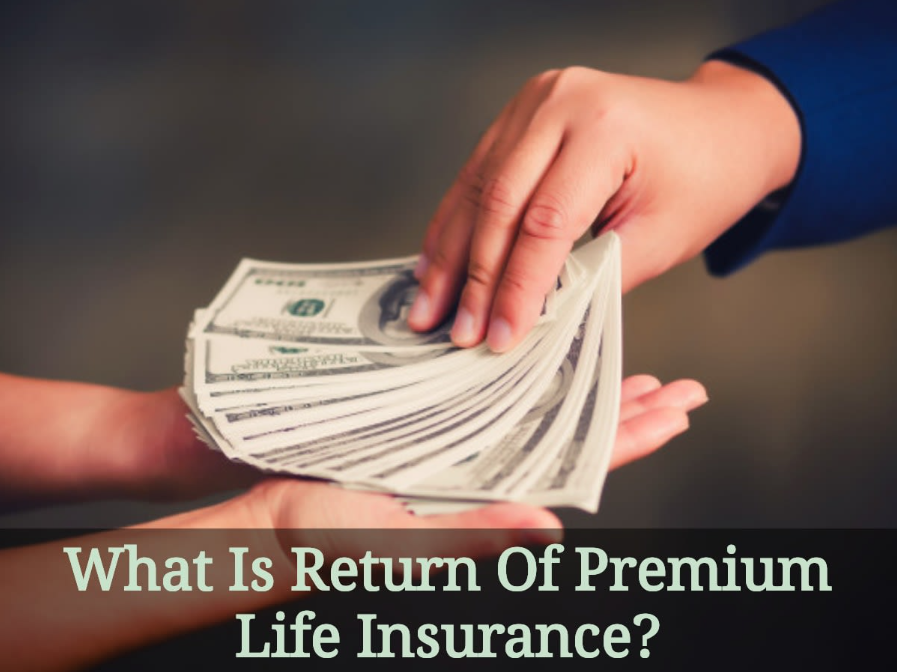A Return of Premium (ROP) life insurance policy is a unique form of coverage that offers a financial safety net by promising to return the premiums paid if the policyholder outlives the policy’s term. This feature is commonly added to a term life insurance policy, typically spanning 20 or 30 years. Depending on the specific ROP policy, it may refund just the base premiums or include the cost of the ROP rider itself.
Reasons to Consider ROP Life Insurance
- Risk Aversion: If you dislike the idea of losing money on premiums for a term life policy that might never pay out, an ROP policy ensures you get back what you put in, provided you outlive the policy.
- Longevity: If you have a family history of longevity or are in excellent health, you might see an ROP policy as a wise choice, giving you back your premiums as a lump sum at the end of the term.
- Financial Planning: For high earners who are not habitual savers, an ROP policy can act as a form of forced savings, providing a sum of money back at the end of the policy term.
Cost of ROP Life Insurance
ROP riders typically increase the cost of a term life insurance policy by about 30%. This premium is higher due to the added feature of premium return and the fact that fewer insurers offer ROP policies compared to standard term policies. Despite being more costly than traditional term life insurance, ROP policies are generally more affordable than permanent life insurance options.
Is Return of Premium Life Insurance Worth It?
The value of an ROP policy depends on your personal circumstances and financial goals. Here are some pros and cons to consider:
Pros:
- Premium Refund: If you outlive the policy, you can recoup the premiums paid, which can be a significant amount.
- Forced Savings: An ROP policy can serve as a forced savings plan, giving you a lump sum at the end of the term.
- Guaranteed Return: The return of premium is guaranteed, making it a lower-risk financial product compared to investing in the stock market.
- Tax-Free: The returned premiums are typically tax-free.
- Cash Value: Some ROP policies include a cash value component that can be borrowed against or withdrawn from, providing financial flexibility.
Cons:
- Higher Costs: ROP policies are more expensive than standard term life policies, which may be a deterrent for some.
- No Interest Earned: The returned premiums do not include interest, meaning you could miss out on potential earnings from other investment opportunities.
- Risk of Getting Nothing: If you cancel the policy early or fail to keep up with premium payments, you might not receive any of the premiums back, depending on the policy terms.
- Minimum Coverage Requirements: Some insurers may require a minimum coverage amount or term length to add an ROP rider.
Choosing the Best ROP Life Insurance
When considering an ROP life insurance policy, compare the added monthly costs against the total potential return. Consider the financial impact of paying higher premiums versus investing that money elsewhere. Conduct an opportunity cost analysis to see if the ROP rider makes financial sense based on your long-term financial goals and current financial situation.
Conclusion
ROP life insurance offers a unique benefit by returning premiums at the end of the term, acting as both a risk management tool and a forced savings mechanism. However, it’s important to weigh the higher costs and potential missed investment opportunities against the benefits of receiving a premium refund. If you’re considering an ROP policy or looking to get the most out of your existing life insurance policy, exploring options like life settlements can provide additional financial benefits. Contacting professionals like Harbor Life Settlements can offer insights and assistance in navigating these choices, ensuring you make the most informed decision about your life insurance strategy.



